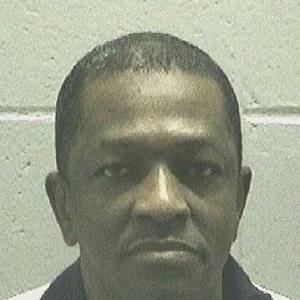
A federal appeals court upheld the death sentence of Georgia inmate Robert Holsey (pictured), despite the fact that Holsey’s lead lawyer drank a quart of vodka every day during the trial and was about to be sued for stealing client funds. The attorney himself testified that he “probably shouldn’t have been allowed to represent anybody.” The court assumed the attorney’s incompetence, but gave great deference to the Georgia Supreme Court’s opinion that his poor performance did not affect the outcome of even the sentencing phase of the trial. Judge Rosemary Barkett dissented in the 2-1 decision, noting the jury never heard evidence that Holsey was abused so badly as a child that his neighbors referred to his home as “the torture chamber.” Had the jury heard evidence of the “horrific child abuse,” she wrote, he likely would not have been sentenced to death. Holsey’s appeals lawyer, Brian Kammer, said the jury did not hear that crucial evidence because Holsey’s lead trial attorney “opted to anesthetize himself with vodka rather than prepare adequately to defend against the death penalty. The 11th Circuit majority appears similarly to have anesthetized its sense of justice.”
(B. Rankin, “Court upholds cop killer’s death sentence,” Atlanta Journal-Constitution, September 14, 2012). See Representation and Arbitrariness. Listen to DPIC’s podcast on Representation.
Representation
Oct 15, 2024

Joseph Giarratano, Former Death Row Prisoner and Prison Reform Advocate, Has Died
Arbitrariness
Aug 06, 2024

